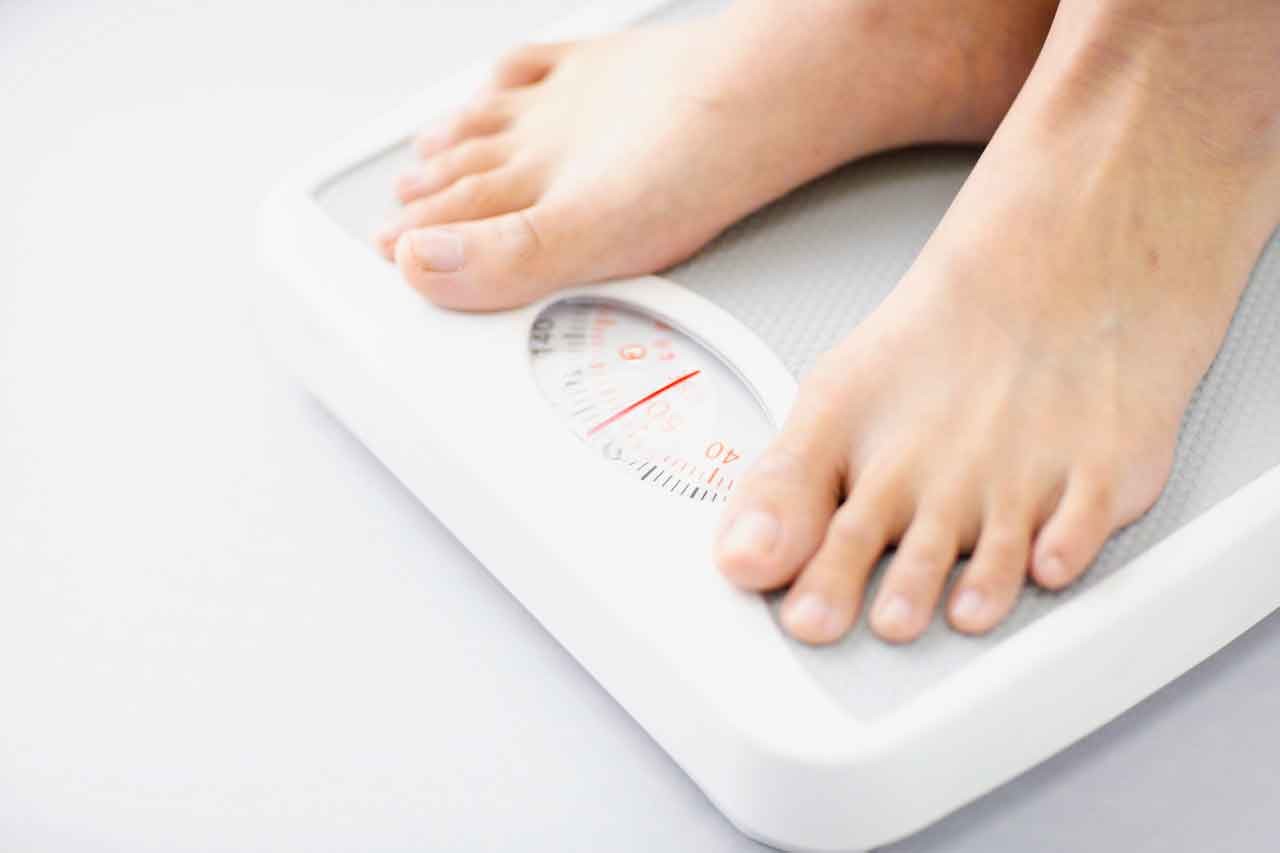Staying Slim Is Harder Than Ever

There are several reasons more Americans are overweight than ever before, including an obesity-promoting shift in their microbiomes. Here's what you should know.
Americans are heavier than ever. By the end of the 1990s, less than a third of U.S. adults were obese. Over the next decades, that figure increased dramatically. About 42 percent of Americans are obese, according to the Centers for Disease Control and Prevention.
There’s no argument that overeating and lack of regular exercise leads to obesity. Other factors at play, as well. In fact, researchers who analyzed data on the dietary intake of nearly 36,400 American adults, along with exercise data on about 14,500 of them, came up with a surprising finding.
YOU MIGHT ALSO LIKE: The Obesity Epidemic in America
In recent years, it turns out, the average person who is eating a similar diet, and exercising about as much as the research subjects tracked during earlier decades, is 10 percent heavier than their counterparts only a few decades ago.
“Our study results suggest that if you are 25, you’d have to eat even less and exercise more than those older, to prevent gaining weight,” researcher Jennifer Kuk, PhD, a professor of kinesiology and health science at Toronto’s York University explained.
So, your 20-something daughter or son may need more discipline than you had to maintain the same weight at that age.
Kuk and her team also analyzed their data to see how our diets have changed. Between 1971 and 2008, body mass index (BMI) and the total calories and carbohydrates we ate, increased 10 to 14 percent. At the same time, we cut back on fat and protein by 5 to 9 percent and began exercising more after 1988.
It’s a mixed picture — eating more calories and carbs but exercising more still makes you end up with a higher BMI. That helps explain why many Americans become overweight.
Underneath those shifts in habits is that 10 percent upward trend. Kuk suggested three possible causes for the increase. For starters, we’re exposed to more chemicals in food and packaging that might be steering our bodies towards packing on fat. Farm animals are treated with hormones and antibiotics that speed their growth, making them fatter faster — and then we eat their meat and dairy products. Americans are also much more likely to be taking antidepressants, and many of those drugs have been linked to weight gain.
In addition, changes in the microbiome — the collection of all microbes, such as bacteria, fungi, and viruses that naturally live inside and outside of our bodies — may be contributing. A person’s healthy microbiome helps their immune system develop and promotes healthy digestion of food to produce energy, according to the National Institutes of Health.
What you eat regularly may help, or hinder, a healthy microbiome. For example, evidence suggests consuming artificial sweeteners can change your microbiome and lead to weight gain.
Studies in mice have found a connection between an unbalanced microbiome and obesity. In human studies, researchers have not consistently found that overweight or obese people have a significantly unbalanced microbiome. An analysis by a team of scientists, however, found there is mounting evidence the gut microbiome responds to diet, antibiotics, and other external stimuli in ways that can impact metabolic conditions, including obesity. What isn’t known is exactly what underlying mechanism could explain the connection.
What can you do to keep your weight down, besides watching calories and staying fit and active? Try staying away from artificial sweeteners. You also might eat more cereals, beans, and vegetables. Include probiotic-rich foods like yogurt and kefir in your diet, too. Fermented foods promote a healthy microbiome and may potentially help control your weight.
Updated:
June 13, 2023
Reviewed By:
Janet O’Dell, RN